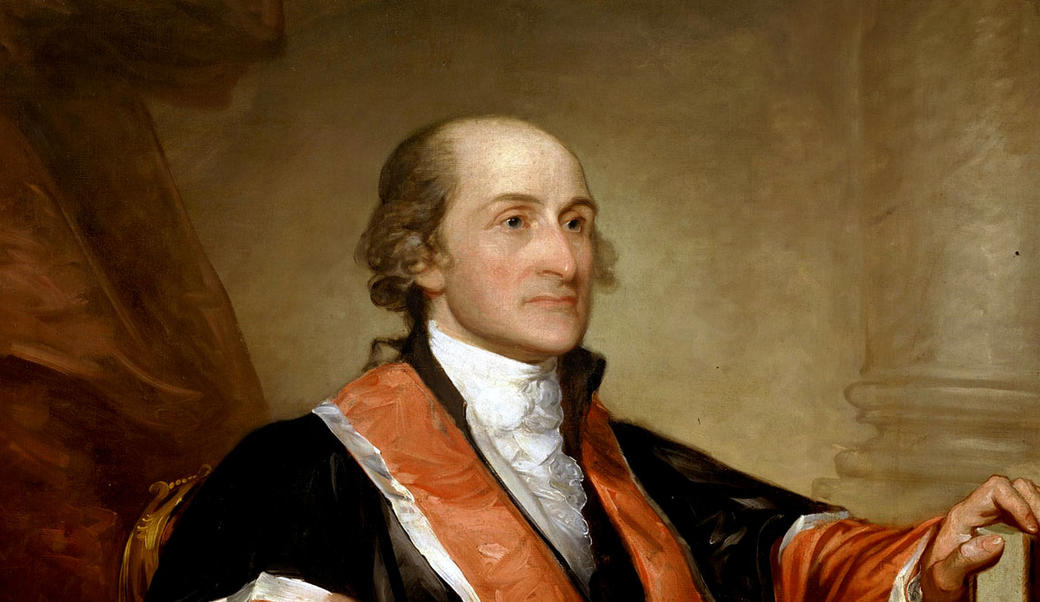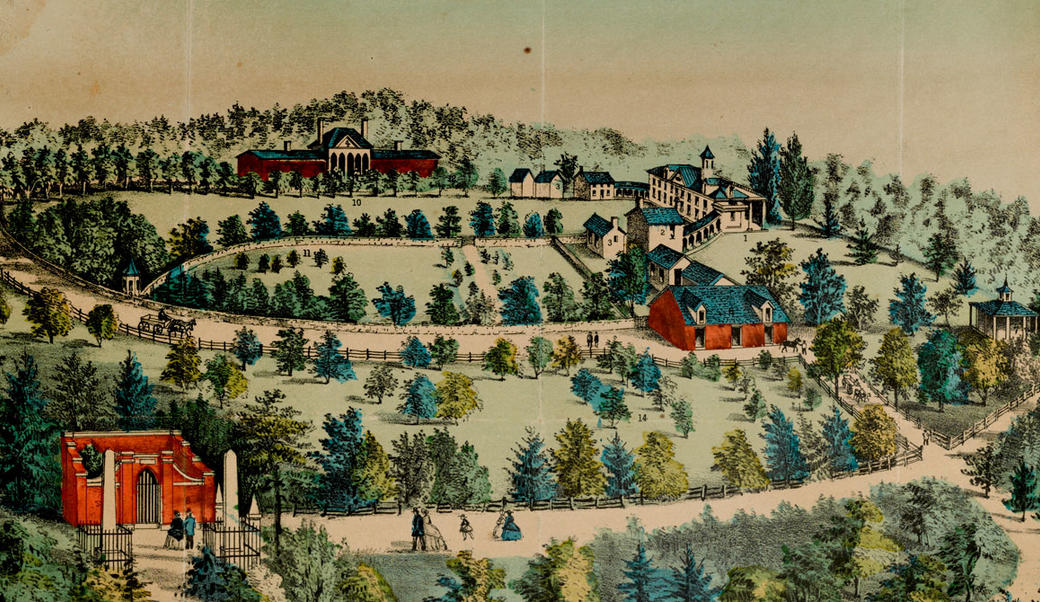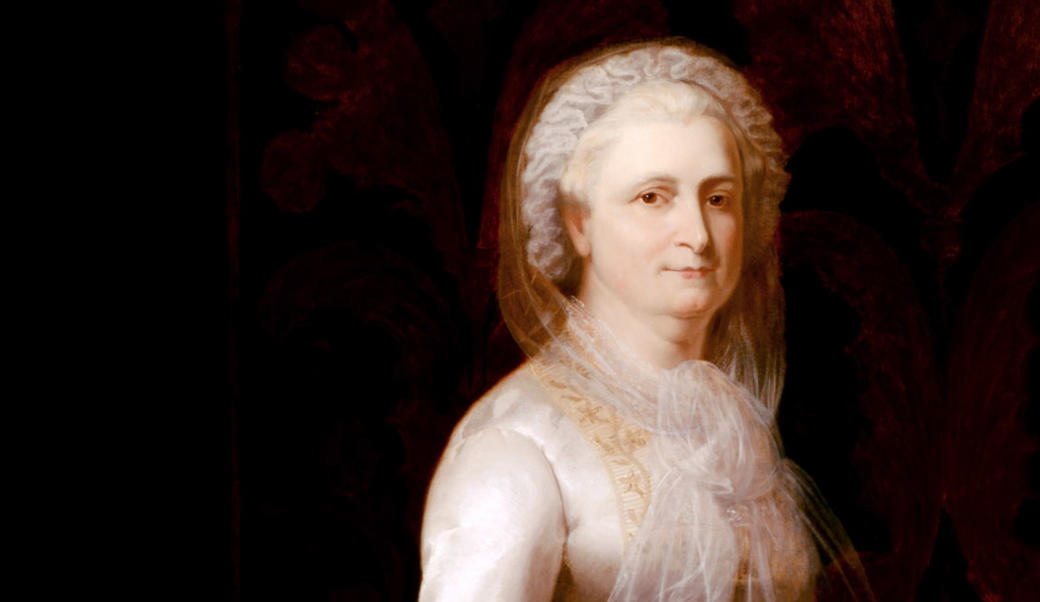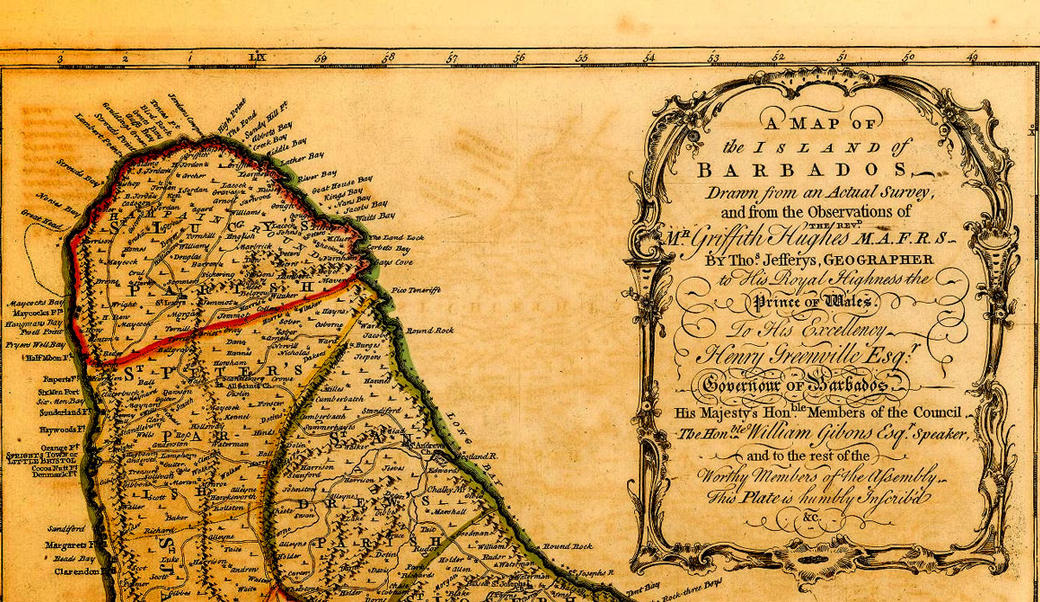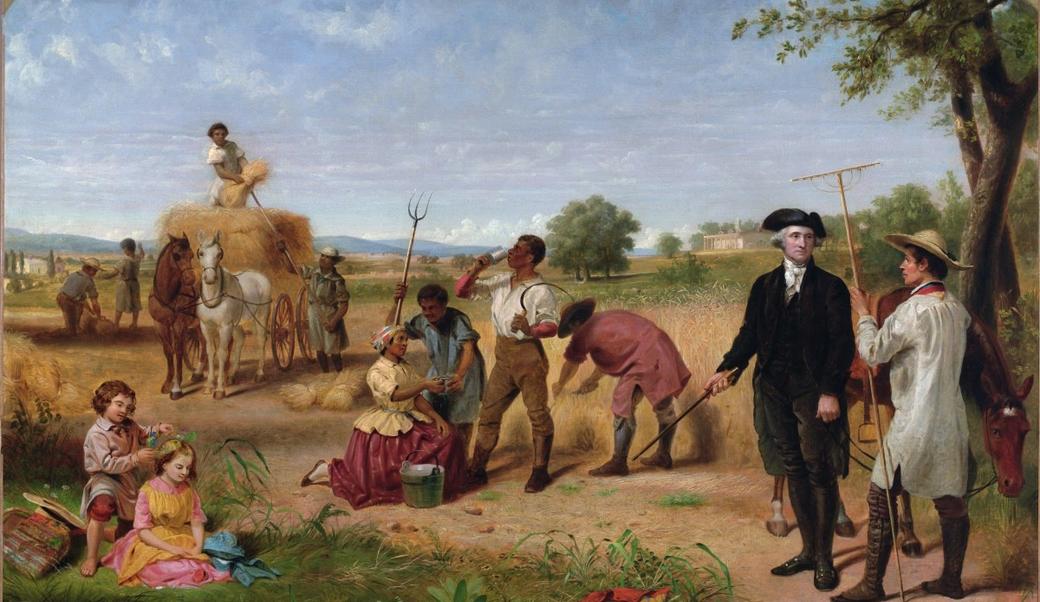George Washington: Impact and Legacy
From the moment Washington announced his retirement, the American people have remembered him as one of the greatest presidents in the nation’s history. The name of the Capitol City, the Washington Monument, his inclusion on Mount Rushmore, and his regular place near the top of presidential polls attests to the strength of his legacy. Indeed, generations of Americans have used Washington’s uniquely popular memory for their own political purposes. Most notably, after the Civil War, northerners and southerners valorized Washington and the founding era as a shared history they could both celebrate.
There is much to honor in Washington’s legacy. He was the only person who could have held the office in 1789. He was the most famous American, the only one with enough of a national platform to represent the entire country and overwhelmingly trusted by the populous. Americans knew they could trust him to wield immense power because he had already done so once during the Revolution and willingly gave it up.
The trust and confidence Washington inspired made possible the creation of the presidency and helped establish the executive branch. Once in office, he cultivated respect for the presidency, regularly exhibited restraint in the face of political provocations, and attempted to serve as a president for all citizens (which admittedly meant white men). He was always mindful of the principles of republican virtue, namely self-sacrifice, decorum, self-improvement, and leadership. Our modern notions that the president should be held to higher standards and the office carries a certain level of respect and prestige began with Washington’s careful creation of the position.
Washington also left an inveterate imprint on the political process, especially through his formation of the cabinet. Every president since Washington has worked with a cabinet, and each president crafts their own decision-making process. They select their closest advisors and determine how they will obtain advice from those individuals. Presidents might choose to consult friends, family members, former colleagues, department secretaries, or congressmen, and the American people and Congress have very little oversight over those relationships. Some presidents, like Abraham Lincoln and Franklin D. Roosevelt, flourish with the flexibility; others, including James Madison and John F. Kennedy, find their administrations undermined by domineering advisors or cabinets. That legacy is a direct result of Washington’s cabinet.
Washington’s decision to step away from power, again, solidified his legacy and had a powerful impact on the future of the presidency. All his successors, until Franklin D. Roosevelt, willingly followed his example of retiring after two terms, and the 22nd Amendment made sure that no future president can serve more than two terms. More importantly, Washington recognized the structural importance of leaving office willingly. He knew that Americans needed to learn how to elect, transition, and inaugurate a new president. That process was fraught with potential missteps, and Washington concluded that it would go more smoothly if it was planned, rather than haphazardly done after an unexpected death. Washington understood how much of the political process is based on norm and custom, and that those had to start with his example.
For all these achievements, and there are many, recently Washington’s legacy lost a bit of its sparkle as Americans grapple with his personal failures. Of the many political choices in his long career, Washington’s decisions in retirement were perhaps his worst. In 1798, Congress created the Provisional Army as the Quasi-War with France accelerated. President John Adams asked Washington to come out of retirement one more time to lead the army.
Washington reluctantly agreed but extracted two promises. First, he wanted to stay at Mount Vernon until a French invasion. Second, Washington insisted on naming his subordinate officers who would manage the army in his absence. When Adams reluctantly caved, Washington named Alexander Hamilton as his deputy. Hamilton and Adams hated each other, and Washington knew it. By forcing these concessions, Washington undermined the presidency and civilian authority over the army. As Commander-in-Chief of the Continental Army, Washington had studiously upheld Congress’s authority. His failure to make the same choice in his retirement is often overlooked but should be viewed with considerable criticism.
However, Washington’s ownership of enslaved humans is by far the most challenging part of his legacy. To be sure, Washington’s ideas about slavery and the potential for Black emancipation evolved over his lifetime. He did free the enslaved people he owned in his will, which is much more than most people in his generation. This commitment required decades-long planning to leave his estate unencumbered by debt which could only be reduced through the sale of enslaved individuals. And he did so in the face of resistance from other Virginians, including his wife. When the terms of Washington’s will were published, the emancipation of his enslaved community sent ripples through the country. He had issued a forceful statement about the morality of slavery from the grave.
Yet, Washington clearly benefitted from exploiting enslaved people. And by the end of his life, he knew the institution was wrong and could have done more to end it. Washington pursued enslaved people who escaped when he could have left them to their freedom. He could have freed the enslaved people he owned during his lifetime but elected to enjoy the fruits of their labor until his last days. He also chose not to deprive Martha of that care either, which is why the enslaved people he owned were not to be freed until her death.
On a public scale, Washington could have made the terms of his will public before his death or spoken against slavery while he was alive. His words would have had an enormous impact—which is perhaps why he remained silent. Washington worried that if he forced the issue, southern states would secede from the Union. There will be no way to know if he was right or if these concerns were correct. But much of Washington’s lifestyle and personal wealth were dependent on slavery, and that must be considered a part of his legacy.

